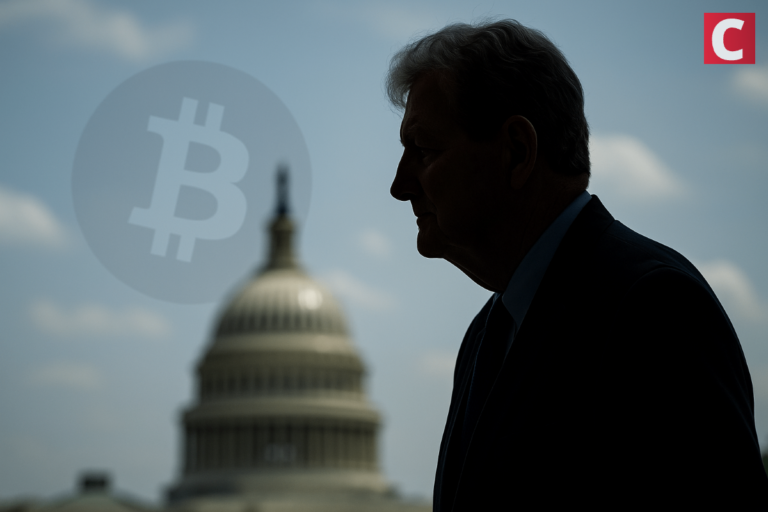A senior Republican senator’s warning that the party is unprepared for a major crypto bill threatens to delay its passage, despite leadership’s push for a vote.
A key Republican senator has cast fresh doubt on the timeline for a comprehensive crypto bill, signaling that internal party disagreement could stall the legislation.
The warning from Senator John Kennedy (R-LA) conflicts with a push by Senate Banking Committee Chair Tim Scott (R-SC) to advance the measure this month.
According to a report from POLITICO, Kennedy stated that he and other lawmakers still have “a lot of questions” about the proposed framework.
He described the market structure bill as a “full leap,” especially when compared to the previously passed stablecoin legislation, which he called a “baby step.”
The pushback is not limited to Kennedy. Senator Scott’s office maintains that the legislation is “long overdue,” but some Democrats on the committee also oppose the fast-tracked timeline.
Senator Andy Kim (D-NJ) suggested that moving forward with a vote this month would be “a mistake.” This shows a growing bipartisan concern over the readiness for a vote on US crypto regulation.
Overview of the Proposed Crypto Legislation
The legislation at the center of the debate aims to overhaul how cryptocurrencies are regulated. The bill would divide oversight of digital assets between the Securities and Exchange Commission (SEC) and the Commodity Futures Trading Commission (CFTC). Achieving this regulatory clarity is a top priority for crypto firms operating in the U.S.
The political hesitation may also reflect wider market conditions. Industry experts note the debate highlights a “deep uncertainty” about how to properly regulate digital assets. Some traditional financial institutions might not be prepared for the rapid changes the bill would introduce.
With a narrow Republican majority, a lack of unified party support presents a significant roadblock.
Kennedy’s public comments, combined with Democratic reluctance, make the Sept. 30 deadline for the crypto market structure bill seem increasingly unlikely to be met, raising concerns among investors and firms.
next